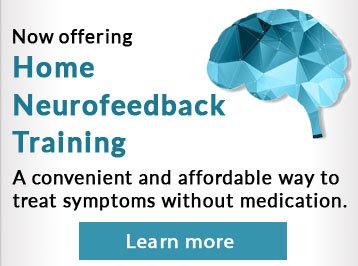Treating Internet Addiction and Internet Gaming Disorder
Problems related to computer use are on the rise. When Internet use or gaming becomes excessive and uncontrollable it can have devastating consequences on family, career, school, and social life. Seeking help before things get out of control can be one of the most important decisions a person and/or their family can make.
Unfortunately, due to the many ways in which computers are used regularly (e.g., work, communication, gathering information, playing games etc.), it can be difficult to determine precisely when “normal” becomes “problematic” use. Without knowing the signs to look for, real problems often go untreated.
What are signs that Internet Use may be a problem?
- Preoccupied with the Internet.
- Needs to use Internet with increased amounts of time to find satisfaction.
- Has made unsuccessful attempts to cut back or control Internet use.
- Is restless, irritable, moody or depressed when attempting to cut back on Internet use
- Stays on line longer than originally intended.
- Has given up other activities such as recreation, hobbies and meeting with friends due to Internet or gaming.
- Has jeopardized or risked the loss of a significant relationship, job, educational or career opportunity because of the Internet.
- Has lied to family members or others to conceal the extent of involvement with the Internet.
- Uses the Internet as a means of escaping from problems.
Are there other conditions that may be present in people with Internet Addiction?
The signs and symptoms often mimic the signs and symptoms of drug and alcohol addiction. As with other addictions, problems with computer use may be a sign of other major life problems (interpersonal, family, emotional, scholastic, educational, marital), and can often serve as a response to or an escape from the stress of such problems. Conditions such as major depression, anxiety disorders such as obsessive-compulsive disorder, as well as other addictive disorders such as alcohol/substance abuse and pathological gambling have also been shown to be present in people with problems controlling Internet usage.
Why does Internet Gaming Addiction so frequently go untreated?
When it comes to problematic Internet use, it is easy to deny a problem exists (particularly during the early stages). We often hear parents say, “At least he’s not out on the street using drugs,” or “At least she’s not hanging out with those other kids who are getting into trouble”. Meanwhile, their son or daughter is spending excessive time online at the expense of their studies, social activities, and even health and hygiene. A spouse may say, “I had no idea what he was doing, I thought he was working”. Because computers are involved as opposed to drugs or alcohol, it is understandable that people tend to look the other way and to minimize the idea that a potential problem exists.
What is the recommended treatment for Internet / Gaming Addiction?
Cognitive Behavioral Therapy (CBT) alone or combined with neurofeedback is a powerful treatment for addressing Internet Addiction and Internet Gaming Disorder. While CBT addresses thoughts, emotions and behaviors, neurofeedback address the patient’s brain function and safely steers it towards optimal levels.
How can I get help?
Patients must first complete an initial consultation with Dr. Robert Reiner (Adults) or Dr. Heather Davidson (Children, Teens). After the initial consultation, you will be set up with one of our expert staff members based on your goals, availability and treatment type. Treatment may require you to complete an MMPI-2 personality test, qEEG brain scan or other psychological testing to fully understand your history and diagnosis. Same and next day appointments are typically available Monday through Thursday.


